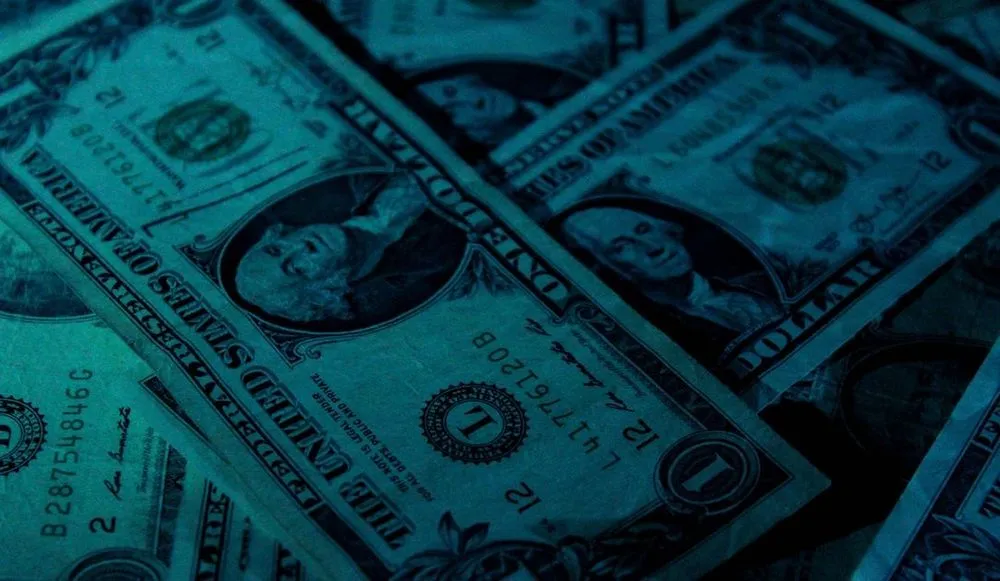Lawmakers seek to close loophole limiting Secret Service investigations into cyber laundering
Two U.S. senators reintroduced legislation on Thursday that would address limits on the ability of the Secret Service to investigate efforts to launder money made through cybercrime.
U.S. Senators Catherine Cortez Masto (D-Nev.) and Chuck Grassley (R-Iowa) said the Secret Service works with the Treasury Department, DOJ and other law enforcement to investigate cybercrimes but are hampered by rules that limit their jurisdiction over unlicensed money transmitting businesses.
The reintroduced Combatting Money Laundering in Cyber Crime Act would update current laws to authorize the Secret Service to investigate all new forms of criminal activity involving digital assets.
Specifically, the bill would authorize the Secret Service to investigate the operations of unlicensed money transmitting businesses — entities that provide money transfer services or payment instruments — and the structuring of financial transactions to evade reporting and recordkeeping requirements.
“As money laundering schemes continue to evolve, so must our capacity to combat them,” said Senator Grassley. “By enhancing Secret Service’s authority to investigate criminal digital assets, our bill significantly improves law enforcement’s ability to effectively anticipate, identify and prevent cybercrime.”
The issue has been spotlighted in recent weeks as U.S. law enforcement agencies have tried, and largely failed, at stopping North Korean hackers from laundering more than $1 billion stolen from crypto platform Bybit.
The same senators, alongside Amy Klobuchar (D-Minn.), initially announced the bill in July 2024 but the effort did not gain traction. A version of the bill was also introduced by a bipartisan group of House representatives last year but did not progress either.
The Secret Service did not respond to a request for comment.
Lawmakers and regulators have tried to use sanctions and arrests to shut down cryptocurrency platforms used by drug traffickers, ransomware gangs, rogue governments, terrorists and cybercriminals to launder illicit funds. But many sites have successfully fought sanctions through legal challenges — like Tornado Cash — or operate in jurisdictions beyond U.S. control.
Cortez Masto noted in a statement that she previously helped shepherd into law bipartisan legislation that ensured the Treasury Department focused on virtual currency while combating money laundering and terrorism.
“Dangerous criminals are constantly changing their tactics and using new technology to avoid detection,” said Cortez Masto. “Our law enforcement agencies need to adapt to keep communities safe. I will continue to fight to pass this bipartisan legislation that would help the Secret Service more effectively combat cybercrime.”
Jonathan Greig
is a Breaking News Reporter at Recorded Future News. Jonathan has worked across the globe as a journalist since 2014. Before moving back to New York City, he worked for news outlets in South Africa, Jordan and Cambodia. He previously covered cybersecurity at ZDNet and TechRepublic.

